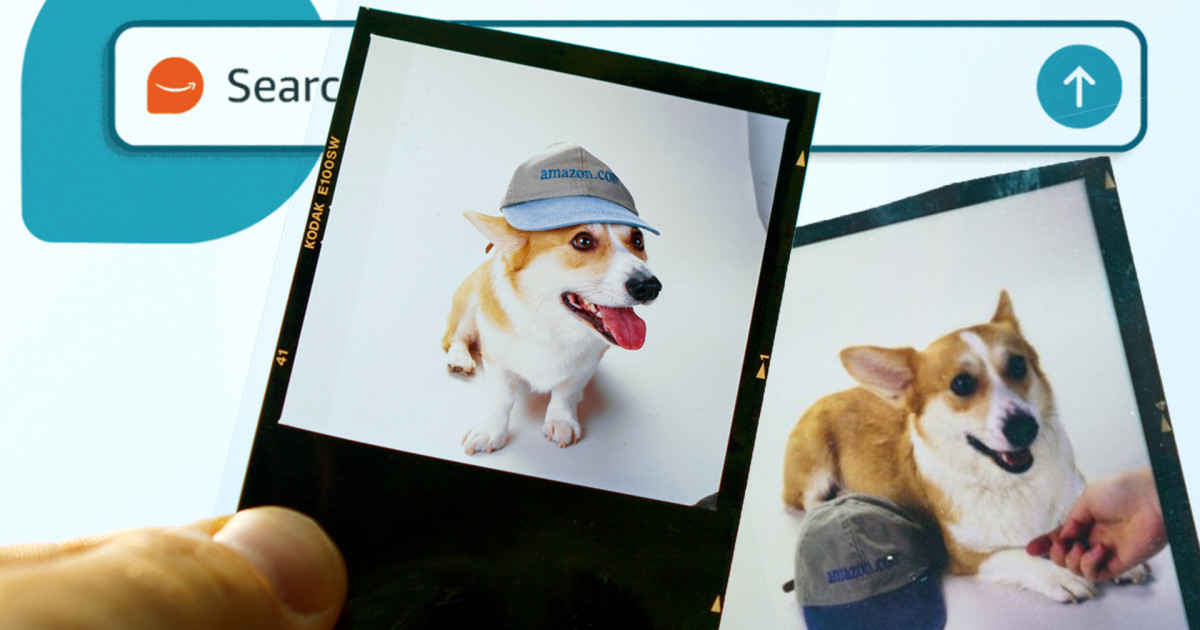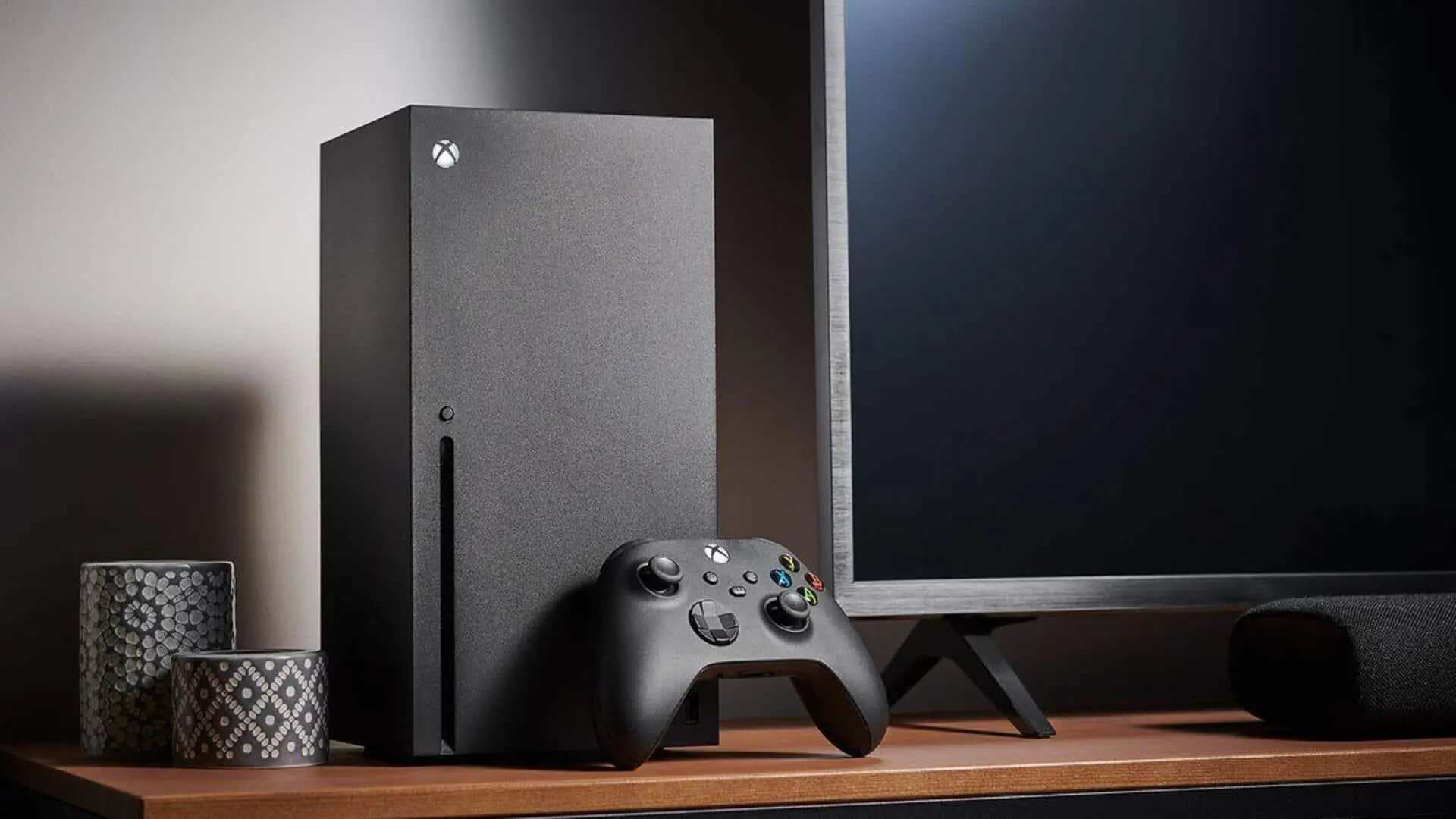Copyright The Street

Hey, Rufus, who’s a good boy? Huh? Who’s a good boy? On Feb. 1, 2024, Amazon (AMZN) unveiled Rufus, a generative-AI-powered shopping assistant. Rufus is named after a Welsh corgi that belonged to two of the e-commerce giant’s earliest employees, Susan and Eric Benson. The doggie was Amazon’s unofficial mascot in the early days, when the company operated out of a former janitorial supply warehouse. Rufus was a fixture in the office, attended meetings, and was affectionately known as “Amazon’s shortest volunteer worker.” The AI version of Rufus, which launched to all U.S. customers in July 2024, was brought on board, Amazon said: to answer customer questions on shopping needs, products, and comparisons make recommendations based on this context, and, facilitate product discovery. Amazon CEO Andy Jassy says Rufus, the e-retail giant’s AI-powered shopping assistant, is being used more broadly. Amazon CEO: Rufus continues to improve So, now that it’s 21 months — or 24 dog years — since that first announcement, how is Rufus doing? “Rufus, our AI-powered shopping assistant has had 250 million active customers this year with monthly users up 140% year-over-year, interactions up 210% year-over-year, and customers using Rufus during a shopping trip being 60% more likely to complete a purchase,” Amazon Chief Executive Andy Jassy said during the third-quarter-earnings call. More Tech Stocks: As Palantir rolls on, rivals are worth a second look Nvidia’s next big thing could be flying cars Cathie Wood sells $21.4 million of surging AI stocks Rufus is on track to deliver more than $10 billion in incremental annualized sales, Jassy told analysts, saying the AI shopping assistant “is continuing to get better and better and used more broadly.” While Amazon’s top executive may be high on Rufus, some Reddit users were taking after the AI shopping assistant with a rolled-up newspaper. “Rufus is the worst of any AIs I’ve used,” Ret_Photog said. “I’ve witnessed Rufus say some absolutely false and absurd stuff,” J9fire wrote. “I do not trust it at all. Rufus can only know for sure what is in the product description and pictures, so just read the product description and look at the pictures.” Other retailers using AI assistants Of course, Rufus isn’t the only dog in the AI fight. The cyber pack includes Walmart’s (WMT) Sparky, Microsoft’s (MSFT) Copilot shopping, and Target (TGT), which is testing the Target AI Gift Finder and a chat-based AI shopping assistant that operates similarly to Rufus. The use of generative-AI-powered chat services and browsers was one of the major trends that Adobe noted during the 2024 holiday shopping season, the software company said in an August blog post. Between Nov. 1 and Dec. 31, 2024, traffic from generative-AI sources increased 1,300% from a year earlier, the company said. On Cyber Monday, the online shopping event that occurs after Thanksgiving, generative-AI traffic was up 1,950% year-over-year. And while generative-AI traffic remains modest compared with other channels, such as paid search or email, the uptick has been notable, Adobe said. Nearly 40% of consumers Adobe surveyed said they used gen AI for online shopping, with 52% planning to do so this year for such tasks as conducting research, receiving product recommendations, seeking deals, creating shopping lists, and getting present ideas. AI shopping assistants still face trust issues Conversions — visits that become purchases — trail non-AI traffic sources, but the gap is narrowing. While AI is used more during the research-and-consideration stage, “the improvement in recent months shows that consumers are increasingly comfortable completing a transaction directly after an AI-powered chat or browser experience,” Adobe said. Trust is still an issue for AI shopping assistants, with members of Gen Z and parents of children under 18 the most likely to have tried the tech, according to a YouGov survey. “Despite the growing interest among many, most remain skeptical with over half of respondents say they’re not interested in using an AI shopping assistant,” the research firm said. The majority of consumers surveyed said they didn’t see the need for this particular tech, while 45% said they prefer human assistance. Concerns about privacy and data security were cited by a third of respondents and 30% said they were worried AI assistants would try to upsell them on unnecessary items. Nearly a quarter of respondents said they were worried that recommendations would be inaccurate. Trust and skepticism about AI in general are the central barriers, YouGov said, with some consumers expressing outright hostility with comments like they “don’t trust AI,” “hate AI,” and it’s “destroying our planet.” Others framed AI as a threat to democracy, humanity, and the environment. These sentiments highlight a deeper resistance, particularly among more tech-wary consumers. At the same time, “the data shows that while there is currently a fair amount of resistance, there is a path forward for retailers’ AI shopping assistants if consumers believe they can add value,” YouGov said. “For open-minded consumers, this is relatively straightforward – helping them find the right product at the best price, with reliable information they can trust.” However, it is notably more difficult among more skeptical groups “where concerns about privacy, manipulation, and the social impact of AI are commonplace.”



